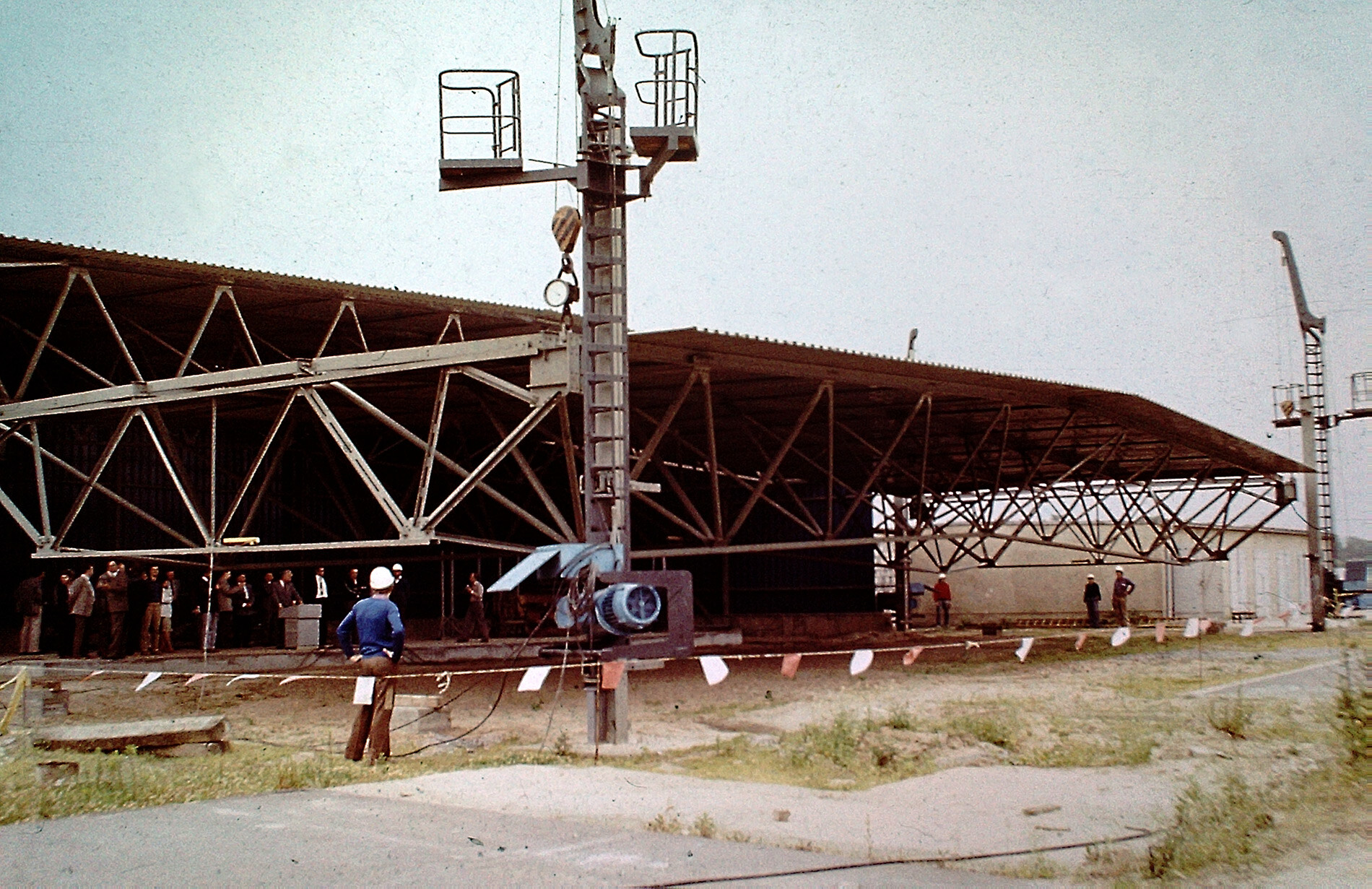Construction in the system – research, teaching and practice in the construction industry of the GDR 1960-1990
In the system of state-controlled construction in the GDR, the modern engineering utopia of rationalized and serial construction was realized in the form of a large laboratory that encompassed the construction industry and research institutions and produced a large number of modular load-bearing systems for social buildings.
The research project approaches the planning processes that shaped the development of these systems from an engineering perspective. The generation of construction-relevant knowledge is examined on the basis of four construction systems that were developed at the Cottbus University of Engineering together with construction combines and the Bauakademie.
The case studies are used to reconstruct concepts for the iterative design, optimization and verification of load-bearing structures and, in a comparative analysis, methods of planned design, the development of value standards, the role of personnel networks and transfers between teaching and the development of construction methods are worked out.



